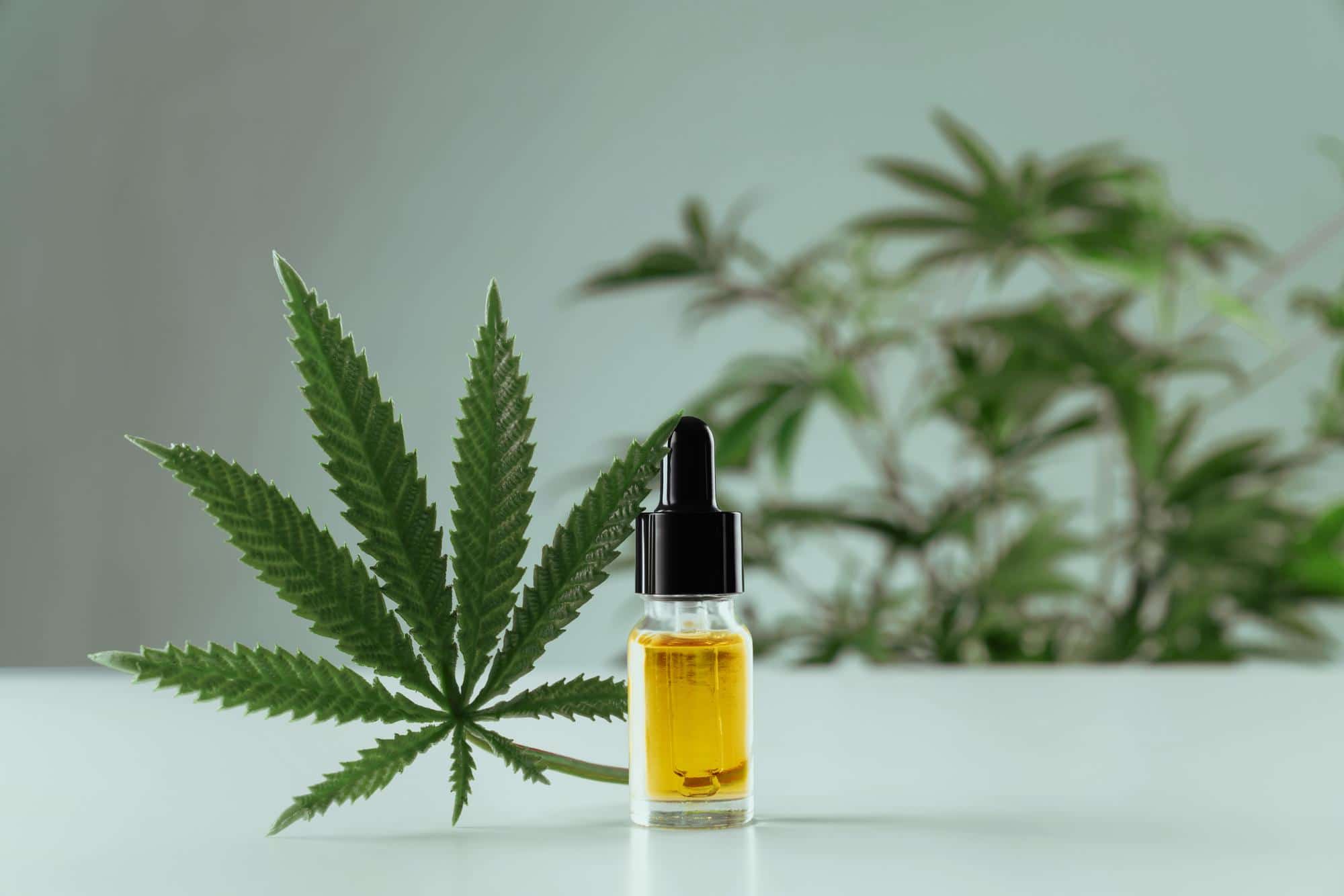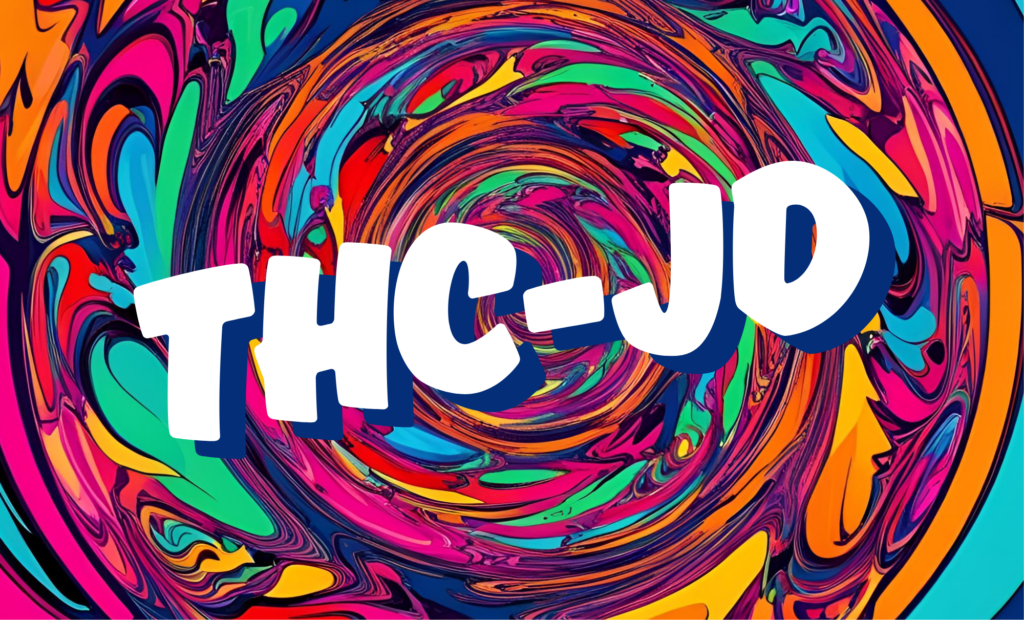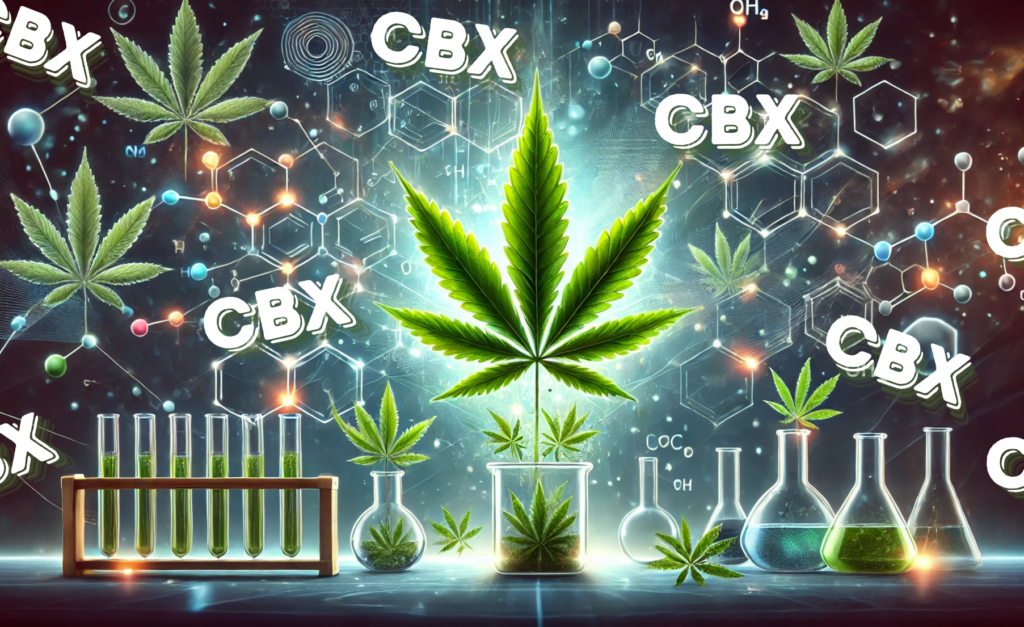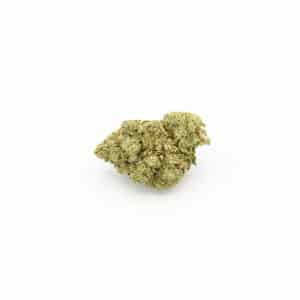Cannabidiol popularity for its numerous potential health benefits. Unlike THC, another cannabinoid found in cannabis, CBD does not produce psychoactive effects, making it an attractive option for those seeking the therapeutic properties of cannabis without altering their mental state. CBD can be consumed in a variety of ways, each with its own advantages and disadvantages. In this article, we'll explore the main methods of consuming CBD: smoking, brewing, ingesting, and using it as an oil.
Smoking CBD
Benefits :
- Rapid absorption: Smoking CBD allows for rapid absorption into the bloodstream through the lungs, meaning the effects are felt almost immediately.
- Effectiveness: This method is effective for those seeking rapid relief from symptoms such as pain or anxiety.
Disadvantages:
- Effects on lung health: Smoking, regardless of the substance, can have adverse effects on lung and respiratory health.
- Odor: CBD smoke can have a strong odor, similar to that of cannabis, which may not be discreet.
Warning: In France, it is illegal to smoke it.
Infuse the CBD
Benefits :
- Discretion: CBD herbal teas and infusions are discreet and can be consumed without attracting attention.
- Prolonged effects: The effects of CBD infusions are often milder but longer lasting, as absorption is slow through the digestive system.
Disadvantages:
- Time to action: The effects take longer to manifest, often between 30 minutes and two hours after consumption.
- Dosage: It can be difficult to precisely control the dose of CBD ingested through infusions, especially for new users.
Ingestion of CBD (Capsules, Edibles, etc.)
Benefits :
- Ease of use: Capsules and edibles (like gummies ) are easy to consume and offer a precise dose of CBD.
- Long-lasting effects: Like infusions, edibles and capsules offer longer-lasting effects due to slow absorption by the digestive system.
Disadvantages:
- Onset of action: Effects may take from 30 minutes to two hours to manifest, which may not be ideal for immediate relief.
- Variability of effects: The bioavailability of ingested CBD can vary depending on the individual and their digestion, which can make the effects unpredictable.
CBD oil
Benefits :
- Versatility: CBD oil can be consumed directly under the tongue (sublingual route) for rapid absorption, or added to food and drinks.
- Dosage control: CBD oils allow for precise dosing, which is ideal for users who want to adjust their consumption.
Disadvantages:
- Taste: Some people may find the taste of CBD oil unpleasant, even though it is often flavored.
- Cost: High-quality CBD oils can be expensive, especially if used daily.
User Preferences and Effects
User preferences for CBD consumption vary depending on individual needs and lifestyles. Some prefer the rapid onset of action offered by smoking or vaping CBD, especially for managing anxiety attacks or acute pain. Others favor the longer-lasting effects of edibles or capsules, particularly for chronic health conditions or for daily anxiety and stress management.
Users generally report a feeling of relaxation and calmness after consuming CBD, with a noticeable reduction in pain and discomfort. For some, CBD helps improve sleep quality and reduce insomnia symptoms. Athletes often use CBD for its anti-inflammatory properties and its ability to reduce muscle and joint pain after intense training.
Conclusion
Each method of consuming CBD has its own advantages and disadvantages. It is essential for each user to consider their specific needs and personal preferences when choosing how to consume CBD. Whether smoked, infused, ingested, or in oil form, CBD offers a variety of options to enjoy its potential benefits. As always, it is recommended to start with a low dose and gradually increase it until the desired effects are achieved, while consulting a healthcare professional to avoid drug interactions and unwanted side effects.












